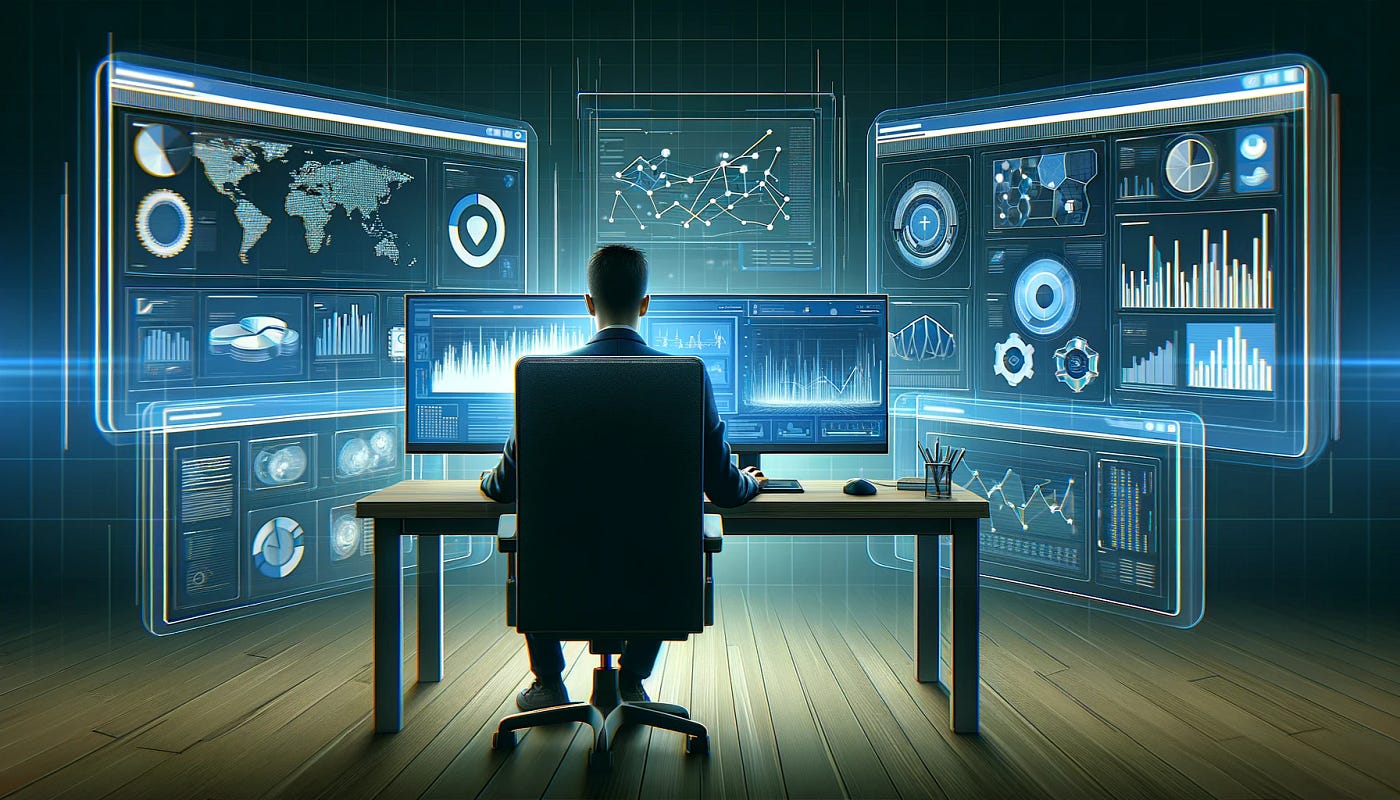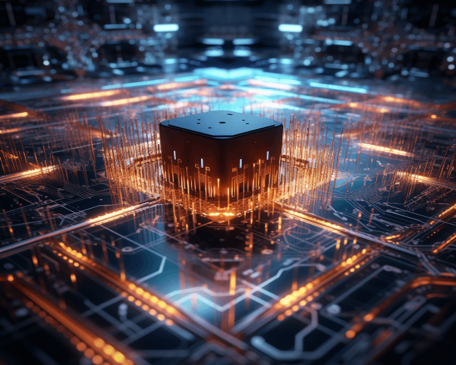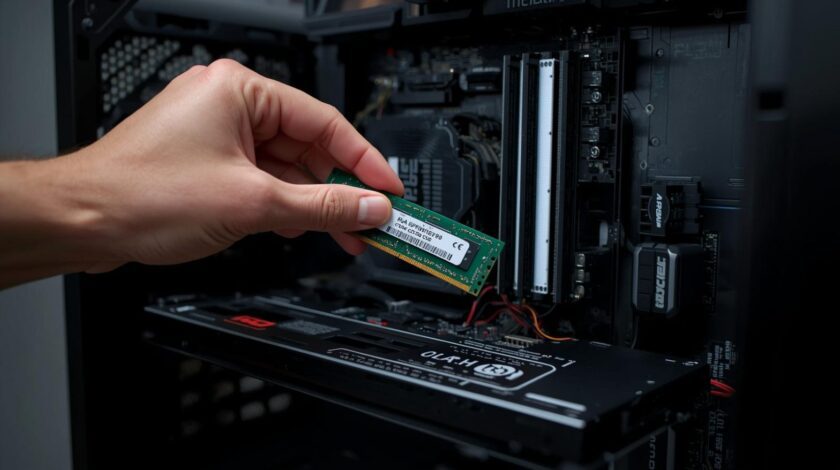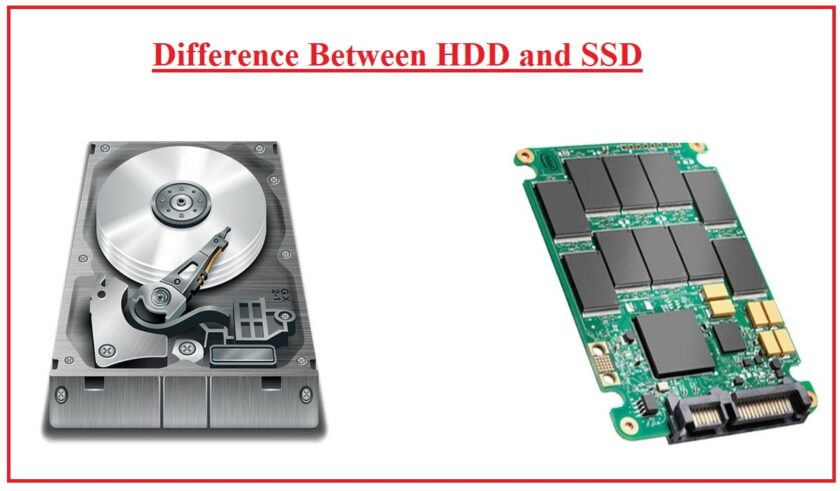Predicting the Future of ICT: Trends to Watch
Introduction
The Information and Communication Technology (ICT) sector is one of the most dynamic and rapidly evolving industries in the world. As technology continues to advance at an unprecedented pace, the future of ICT promises to bring about significant changes in how businesses operate, how people communicate, and how society functions. In this article, we explore the key trends shaping the future of ICT and the potential impacts they will have on various aspects of life and work.
1. Artificial Intelligence and Machine Learning
Overview: Artificial Intelligence (AI) and Machine Learning (ML) are set to play a central role in the future of ICT, driving innovation across industries. These technologies are enabling machines to learn from data, make predictions, and perform tasks that traditionally required human intelligence.
Key Trends:
- AI-Driven Automation: AI will increasingly automate routine tasks, leading to greater efficiency and cost savings in sectors like manufacturing, finance, healthcare, and customer service.
- Natural Language Processing (NLP): Advancements in NLP will enable more sophisticated voice assistants, chatbots, and translation services, improving human-computer interactions.
- Predictive Analytics: ML algorithms will be used to predict trends, customer behavior, and potential risks, allowing businesses to make more informed decisions.
Impact:
- Workforce Transformation: AI-driven automation will reshape job roles, requiring workers to adapt and upskill to remain competitive.
- Enhanced Decision-Making: Predictive analytics will provide businesses with deeper insights, leading to more strategic and data-driven decisions.
2. 5G and Beyond
Overview: The rollout of 5G networks is already transforming the ICT landscape by providing faster, more reliable, and lower-latency internet connections. As 5G technology matures, it will pave the way for new applications and services that were previously impossible.
Key Trends:
- Internet of Things (IoT) Expansion: 5G will enable the widespread adoption of IoT devices, connecting everything from smart homes to industrial machines, leading to more integrated and efficient systems.
- Smart Cities: With 5G, smart cities will become more viable, with real-time data collection and analysis improving urban planning, transportation, and public services.
- Enhanced Mobile Experiences: 5G will lead to faster and more immersive mobile experiences, including high-definition streaming, augmented reality (AR), and virtual reality (VR) applications.
Impact:
- Connected Ecosystems: The expansion of IoT will create more interconnected ecosystems, improving efficiency and enabling new business models.
- Economic Growth: 5G will drive economic growth by enabling new industries, services, and innovations that require high-speed, low-latency connectivity.
3. Quantum Computing
Overview: Quantum computing, still in its early stages, has the potential to revolutionize ICT by solving complex problems that are currently beyond the capabilities of classical computers. Quantum computers leverage the principles of quantum mechanics to process information in fundamentally different ways.
Key Trends:
- Breakthroughs in Cryptography: Quantum computing could break current encryption methods, leading to the development of new cryptographic techniques to secure data.
- Advances in Drug Discovery: Quantum computers will accelerate drug discovery by simulating molecular structures and interactions at unprecedented speeds.
- Optimization Problems: Industries like logistics, finance, and manufacturing will benefit from quantum algorithms that can solve complex optimization problems more efficiently.
Impact:
- Cybersecurity Challenges: The rise of quantum computing will necessitate new approaches to cybersecurity to protect data from potential quantum attacks.
- Scientific Innovation: Quantum computing will drive breakthroughs in science and technology, leading to new discoveries and innovations.
4. Edge Computing
Overview: Edge computing involves processing data closer to where it is generated, rather than relying on centralized cloud servers. This approach reduces latency, improves real-time processing, and enhances data security.
Key Trends:
- IoT Integration: Edge computing will become essential for managing the massive amounts of data generated by IoT devices, enabling real-time analytics and decision-making.
- Reduced Latency: Applications that require immediate responses, such as autonomous vehicles and industrial automation, will rely on edge computing to minimize latency.
- Enhanced Privacy: By processing data locally, edge computing can enhance privacy and security, as sensitive data does not need to be transmitted to the cloud.
Impact:
- Real-Time Applications: Edge computing will enable real-time applications that require instant processing and low latency, such as telemedicine, gaming, and smart manufacturing.
- Data Sovereignty: Local data processing will help organizations comply with data sovereignty regulations by keeping sensitive data within national borders.
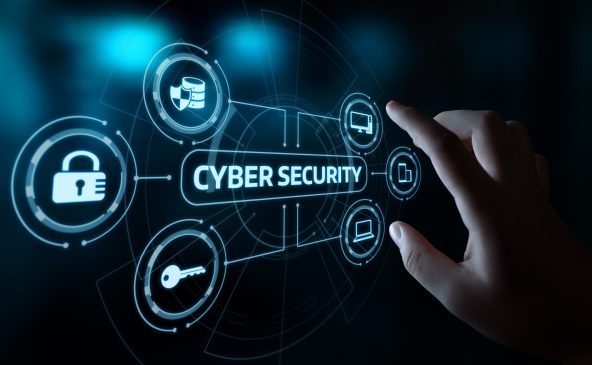 5. Cybersecurity Advancements
5. Cybersecurity Advancements
Overview: As ICT systems become more complex and interconnected, cybersecurity will continue to be a critical focus area. Emerging threats, such as ransomware, phishing attacks, and state-sponsored cyberattacks, will drive the development of new cybersecurity technologies and strategies.
Key Trends:
- AI-Driven Security: AI and ML will be used to detect and respond to cyber threats in real-time, identifying patterns and anomalies that indicate potential attacks.
- Zero Trust Architecture: The adoption of Zero Trust security models will ensure that every user and device is authenticated and authorized before accessing network resources.
- Blockchain for Security: Blockchain technology will be increasingly used to secure transactions, protect data integrity, and prevent fraud.
Impact:
- Proactive Defense: AI-driven security tools will enable organizations to move from reactive to proactive defense strategies, identifying and mitigating threats before they cause damage.
- Regulatory Compliance: As cybersecurity becomes more critical, businesses will need to comply with stricter regulations and standards to protect customer data and avoid legal penalties.
6. Sustainable ICT Practices
Overview: Sustainability is becoming a key consideration in the ICT industry, driven by growing awareness of environmental issues and the need to reduce carbon footprints. Sustainable ICT practices focus on minimizing energy consumption, reducing electronic waste, and promoting the use of renewable energy.
Key Trends:
- Green Data Centers: The development of energy-efficient data centers that use renewable energy sources and advanced cooling techniques to reduce environmental impact.
- Circular Economy: Promoting the reuse, recycling, and refurbishment of ICT equipment to minimize electronic waste and extend the lifecycle of devices.
- Carbon-Neutral Cloud Services: Cloud service providers are committing to carbon-neutral operations by investing in renewable energy and offsetting carbon emissions.
Impact:
- Environmental Responsibility: Sustainable ICT practices will reduce the environmental impact of the industry, contributing to global efforts to combat climate change.
- Cost Savings: Energy-efficient technologies and practices will lead to cost savings for businesses, reducing operational expenses while supporting sustainability goals.
Conclusion
The future of ICT is poised to bring about transformative changes across industries and society as a whole. From the integration of AI and ML to the rise of quantum computing and the expansion of 5G networks, these trends will redefine how we work, communicate, and interact with technology. As these innovations unfold, businesses and individuals alike will need to adapt to stay ahead of the curve, embracing new opportunities and addressing the challenges that come with this rapidly evolving landscape.


